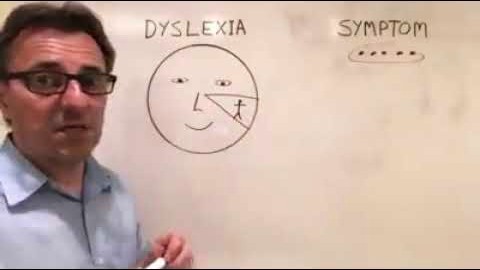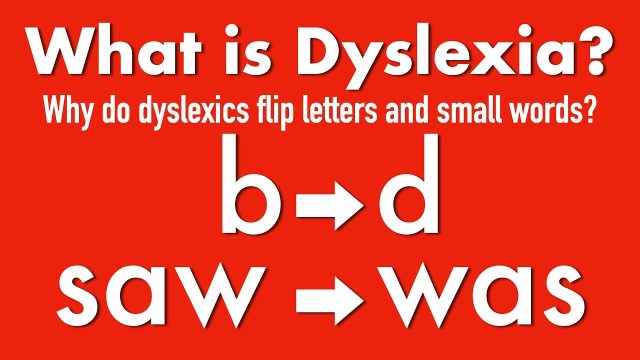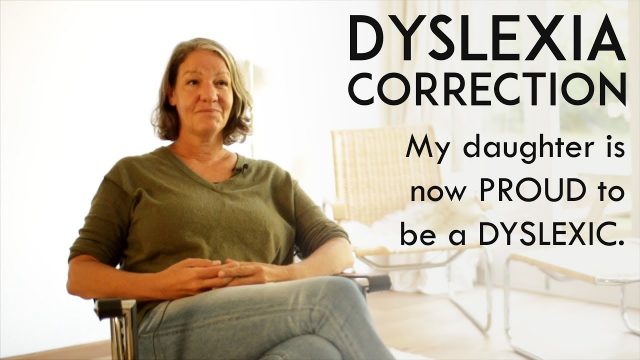Diagnosing Dyslexia: New Criteria, New Dyslexics?
In the mid-19th century, we defined dyslexia as an unexpected underachievement in otherwise intelligent individuals. The disagnosic statistic manual for mental disorders still today states, “The learning difficulties cannot be accounted for by intellectual difficulties,” meaning if you are merely unintelligent, you will not qualify as dyslexic.
For diagnosing dyslexia, this implies that we measure the IQ of a child compared to reading and writing performance. To be eligible for a diagnosis, traditionally there had to be a significant discrepancy between these two measures. This is called the discrepancy criteria, and it created two groups of poor readers: unexpected underachievers and expected underachievers. Unexpected underachievers are labeled dyslexic, while expected underachievers are referred to as simply unintelligent.
However, researchers tell us to stop using IQ in the process of diagnosing dyslexia. Their reasons are:
- Your potential to learn to read and write is not necessarily dependent on IQ
- The way we teach does not change, regardless of IQ levels
- If we use IQ, it leads to a wait to fail model
Where does this leave us? Well, one the one hand it means that the pool of dyslexics may get a whole lot bigger, which might lead to greater awareness about dyslexia. On the other hand, this idea many of us like that dyslexics are a group of smart people that happen to have trouble with reading and writing goes out the window..









